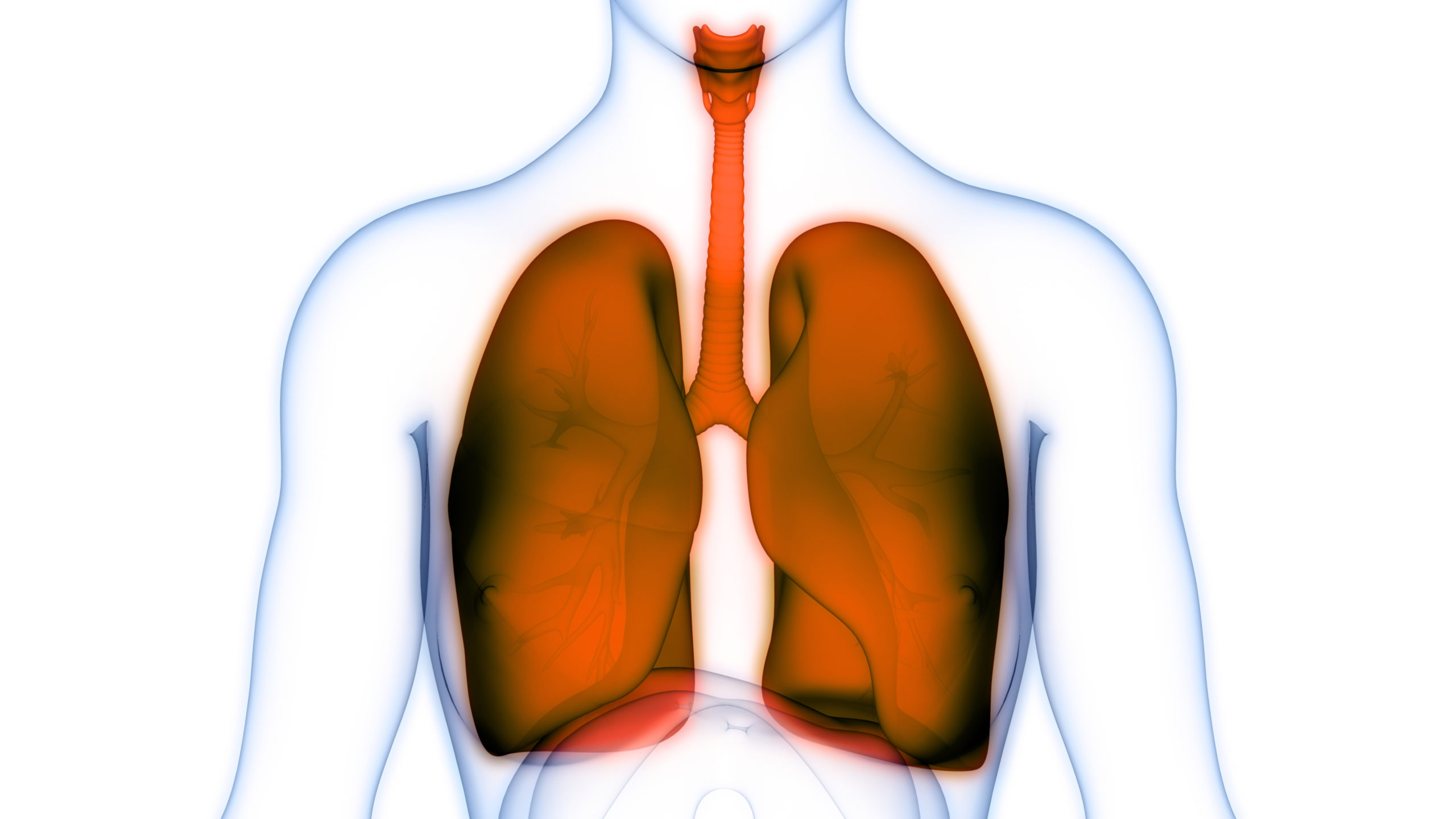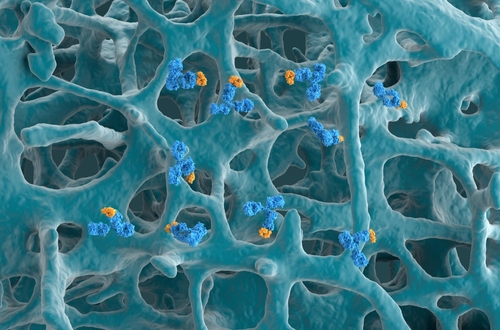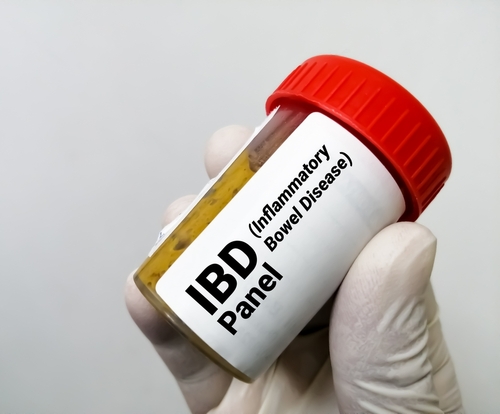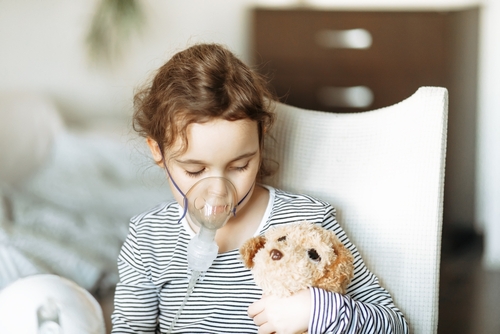
Citing the emerging evidence that thymic stromal lymphopoietin (TSLP) plays a key role in the pathogenesis of asthma in adults, researchers sought to establish its clinical relevance in children with asthma. According to their study, published in Frontiers in Pediatrics, higher baseline levels of pulmonary TSLP were linked to the severity of asthma in a subset of children.
The trial enrolled 35 asthmatic children (median years of age, 9) who underwent bronchoscopy and had bronchoalveolar lavage (BAL) samples evaluated for protein levels of TSLP, interleukin (IL)-5, IL-1β, and IL-33 at baseline. Parameters were then assessed against individual disease severity and clinical factors including spirometry, serum immunoglobulin E, and eosinophils, BAL neutrophil, and BAL eosinophil counts.
TSLP Levels Correlate to Asthma Severity and Reduced Lung Function in Children
Compared to pediatric patients with mild or moderate asthma, those with severe asthma had higher median levels of TSLP (0.409 vs 0.923 pg/mL; P=.016) and IL-5 (0.248 vs 0.940 pg/mL; P=.016) in BAL at baseline. The authors noted that patients with severe asthma also had increased median levels of IL-33, but the difference was not statistically significant (78.88 vs 262.14 pg/mL; P=.088). Additionally, patients above the 75th percentile for TSLP levels had higher IL-5 and IL-1β levels in BAL, as well as a higher proportion of lower airway obstruction (P=.019).
The authors acknowledged the study was limited by a small sample size, which may have limited their ability to discern additional differences in clinical parameters or airway cytokines between groups. The authors also noted that no comparisons could be made to healthy subjects, as research bronchoscopies are not performed on pediatric patients.Conversely, the researchers highlighted the unique and difficult-to-research pediatric population of their study as a key strength.
The article summarized that the study demonstrated, for the first time, that baseline TSLP levels are associated with asthma severity in pediatric patients. “Given that pediatric asthma is major health problem worldwide, we feel larger longitudinal studies are urgently needed to define additional features of TSLP production in the lungs of asthmatic children,” the authors ended.
View More of the Latest Asthma Research on the DocWire News Research Center







 © 2025 Mashup Media, LLC, a Formedics Property. All Rights Reserved.
© 2025 Mashup Media, LLC, a Formedics Property. All Rights Reserved.